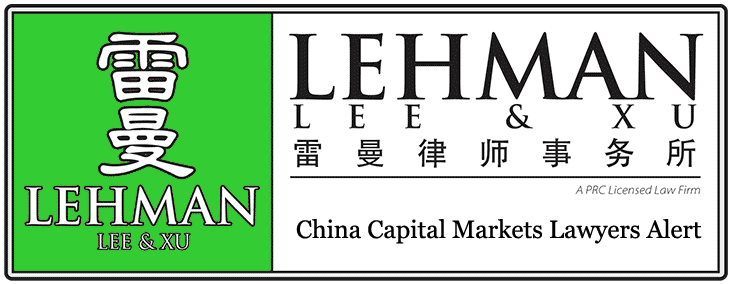IPO activities in the A-share market may reverse their poor performance seen in the first half of the year and raise as much as 220 billion yuan ($34.6 billion) in 2012 as macroeconomic conditions improve in the second half, Ernst & Young said on Tuesday.
Terence Ho, partner and Ernst & Young's IPO leader in China, estimated the A-share market will see as many as 300 IPOs this year and that such offerings will raise twice as much capital in the second half of the year as they did in the first half.
In the first six months of this year, IPO activities raised 73 billion yuan, 100 billion yuan less than in the same period of last year. The first half of this year saw 104 IPOs, 63 fewer year-on-year, according to an Ernst & Young research report.
That weak performance contributed to the general global decline in IPO activities in the first half of the year. During that period, the amount of capital raised through such offerings was down 47 percent year-on-year.
The Hong Kong market was hit even harder. In the first half of the year, the amount of capital raised through IPOs there decreased by more than 80 percent year-on-year.
In the Chinese mainland, companies were being listed at lower prices, a result in part of a series of policies the China Securities Regulatory Commission issued this year to subject IPOs to stricter supervision. Among the changes were measures meant to place limits on price-to-earnings ratios and issuing prices.
Twenty-seven IPOs have occurred since the new policies took effect and the average price-to-earnings ratio among them was 31, down from the average ratio of 48 recorded for 2011.
"Although that's still above the world average, it's a reasonable level considering China's still-rapid economic growth and the different reference standards that are used for company profits when price-to-earnings ratios are calculated," Ho said.
Ho said few large IPOs took place in the first half of the year, "but the situation will improve in the second half", and between nine or 10 big IPOs will take place in the second half of the year.
"Pushing forward the listing process for State-owned enterprises is a priority for China's national assets watchdog," he said.
Although Chinese IPOs are likely to occur more frequently and will raise more capital in the second half of the year, those outcomes depend greatly on how quickly securities regulators approve the offerings.
"And the total amount of capital raised will still be smaller than in 2011," Ho said.
Ernst & Young's prediction was similar to a forecast that appeared in a report by PricewaterhouseCoopers on Tuesday, which said between 200 and 250 IPOs will take place this year, raising from 200 billion yuan to 250 billion yuan.
"China's capital market needs to provide more diversified financing channels, not only in the stock market but also in the renminbi bond market, in order to support the transformation of the economic structure and to strengthen China's influence in the international financial market," said Frank Lyn, PwC China markets leader.
According to Ernst & Young's report, the Shenzhen Stock Exchange registered more IPOs than any other stock exchanges in the world in the first six months of this year. But Nasdaq, buoyed by Facebook's $16 billion IPO, raised the most capital.
The report also estimated the Hong Kong market will raise HK$190 billion ($24.5 billion) in capital this year, down from the HK$270 billion raised in 2011.
Web link: http://europe.chinadaily.com.cn/business/2012-07/04/content_15547441.htm |

